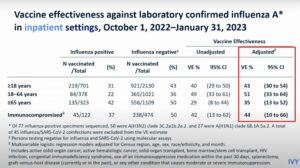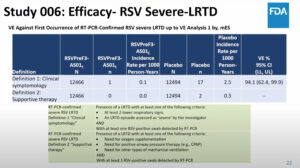NEW YORK (Reuters Health) – A regimen of pre-seasonal and seasonal sublingual immunotherapy (SLIT) for grass pollen allergy reduces symptoms by more than a third after three pollen seasons, a multicenter team reports in the Journal of Allergy and Clinical Immunology online August 1.
The treatment is well tolerated, the authors report, and in fact, “Adverse events decreased in number and intensity over the 3 seasons.”
Dr. Alain Didier, with Rangueil-Larrey Hospital in Toulouse, France, and colleagues point out that previous short-term studies have shown SLIT to be effective for seasonal allergic rhinoconjunctivitis. In the current study, they looked at efficacy over three seasons.
During that period, 633 patients with seasonal allergic rhinoconjunctivitis were treated for either 2 months or 4 months before the grass pollen season and then during the season, with either placebo or 5-grass-pollen SLIT tablets (Oralair).
The average adjusted symptom score (AAdSS) was reduced by 20% at season 1, by 34% at season 2, and by 37% at season 3 in the SLIT groups compared with placebo group, the investigators found.
There was no significant difference between the two active treatment groups. Specifically, after three seasons of treatment, the AAdSS was reduced by 34.8% in the 4-month group and 37.7% in the 2-month group compared with that seen in the placebo group, according to the report.
On secondary measures, SLIT compared to placebo improved total symptom scores, use of rescue medication, and quality of life.
Treatment-emergent adverse events were mainly related to the application site, such as oral pruritus or throat irritation, the authors note. The incidence of these local reactions decreased in consecutive years in patients receiving active treatment, ranging from 72% in the 4-month group at year 1 to 39.2% in the 2-month group at year 3.
Summing up, Dr. Didier and colleagues conclude that treatment with 5-grass-pollen tablets “was well tolerated and effective in reducing rhinoconjunctivitis symptoms and symptomatic medication use at each year up to season 3.”
They add, “These results suggest that there is no need for a continuous year-long therapy. The sustained clinical efficacy of treatment was supported by the reduction in other symptom-related scores and the marked increase in symptom- and medication-free days”
Reference:
Sustained 3-year efficacy of pre- and coseasonal 5-grass-pollen sublingual immunotherapy tablets in patients with grass pollen–induced rhinoconjunctivitis
J Allergy Clin Immunol 2011.




